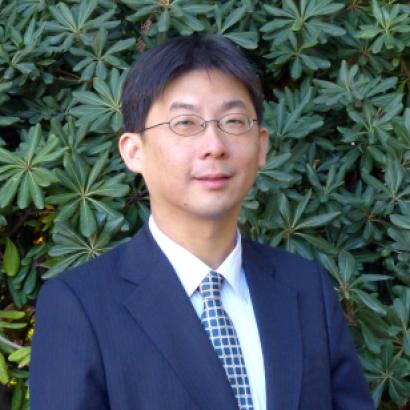
Chao Heng-ti was born in Xiangtan, Hunan Province, China in 1880. In 1904, he traveled to Japan for military studies but decided to return to China to join the revolutionary cause of Sun Yat-sen, who advocated overthrow of the Qing dynasty (and later founded the Republic of China).
Chao resumed his military studies in Japan in 1906 and graduated from the Imperial Japanese Army Academy in 1908. After the outbreak of the 1911 Chinese revolution, Chao led the Qing government New Army—stationed in Guangxi—to rebel and join the revolutionary campaign in Hubei Province. He was arrested for treason by Republican Chinese president Yuan Shikai in 1913 and released two years later. In the decade that followed, Chao was active in Hunan Province’s military and political arena, first serving as commander of the first division of Hunan and then as commander in chief of the Hunan provincial forces.

The people of Hunan were advocates of provincial autonomy and federalism, and in 1920, efforts were made to create a new constitution that would allow provincial residents to elect their own governor. Chao was then elected governor of Hunan in 1921 by the provincial assembly, and a new provincial constitution was subsequently promulgated. In 1922, he was again elected governor of Hunan following the practice of the new constitution. Chao held the governorship until March 1926, when a coup was initiated to oust him. Chao soon stepped down and fled to Shanghai.
After the outbreak of the Sino-Japanese war in 1937, Chao joined Chiang Kai-shek’s Nationalist government and served as Chiang’s military advisor. In 1944, during World War II, he declined Japan’s peace overture to join the collaborationist regime led by Wang Jingwei. After the war, he was elected member of the National Assembly in 1947. After 1949, with the establishment of the People’s Republic of China, Chao went to Taiwan, where he was appointed a senior presidential advisor to Chiang Kai-shek. He died in Taipei in 1971.

In 2019, the daughter of Chao Heng-ti donated his papers to Hoover, including rich correspondence between Chao and many other prominent political figures in the 1920s. This year, additional materials arrived at Hoover, including correspondence between Chao and Nationalist high-ranking political figures. The Chao collection is extremely valuable to all interested in exploring the history of Republican China.












